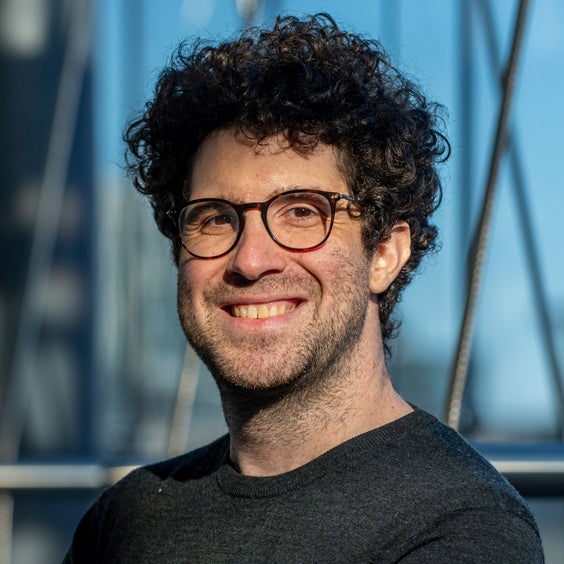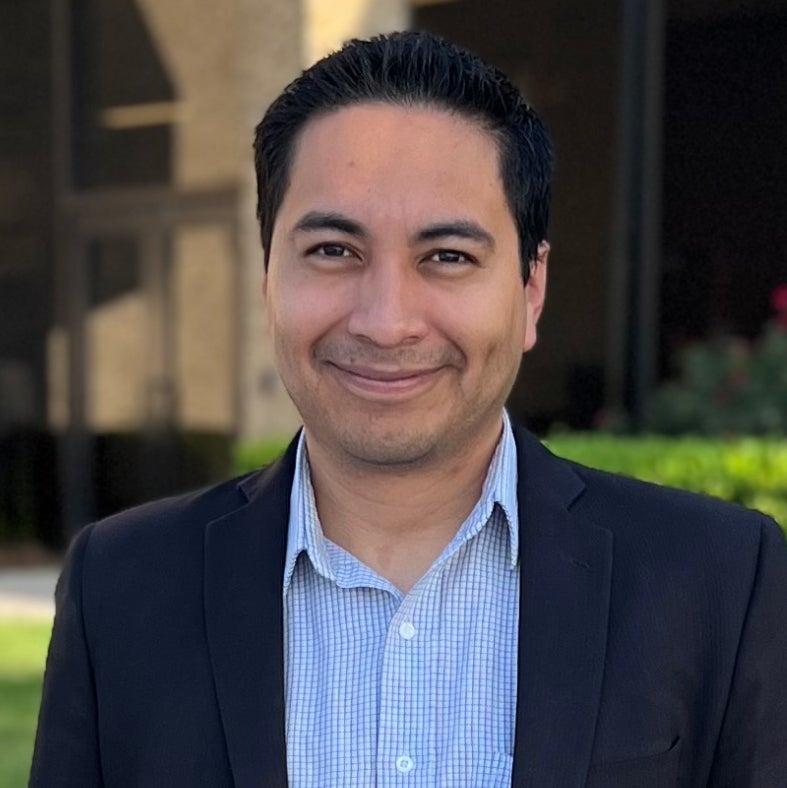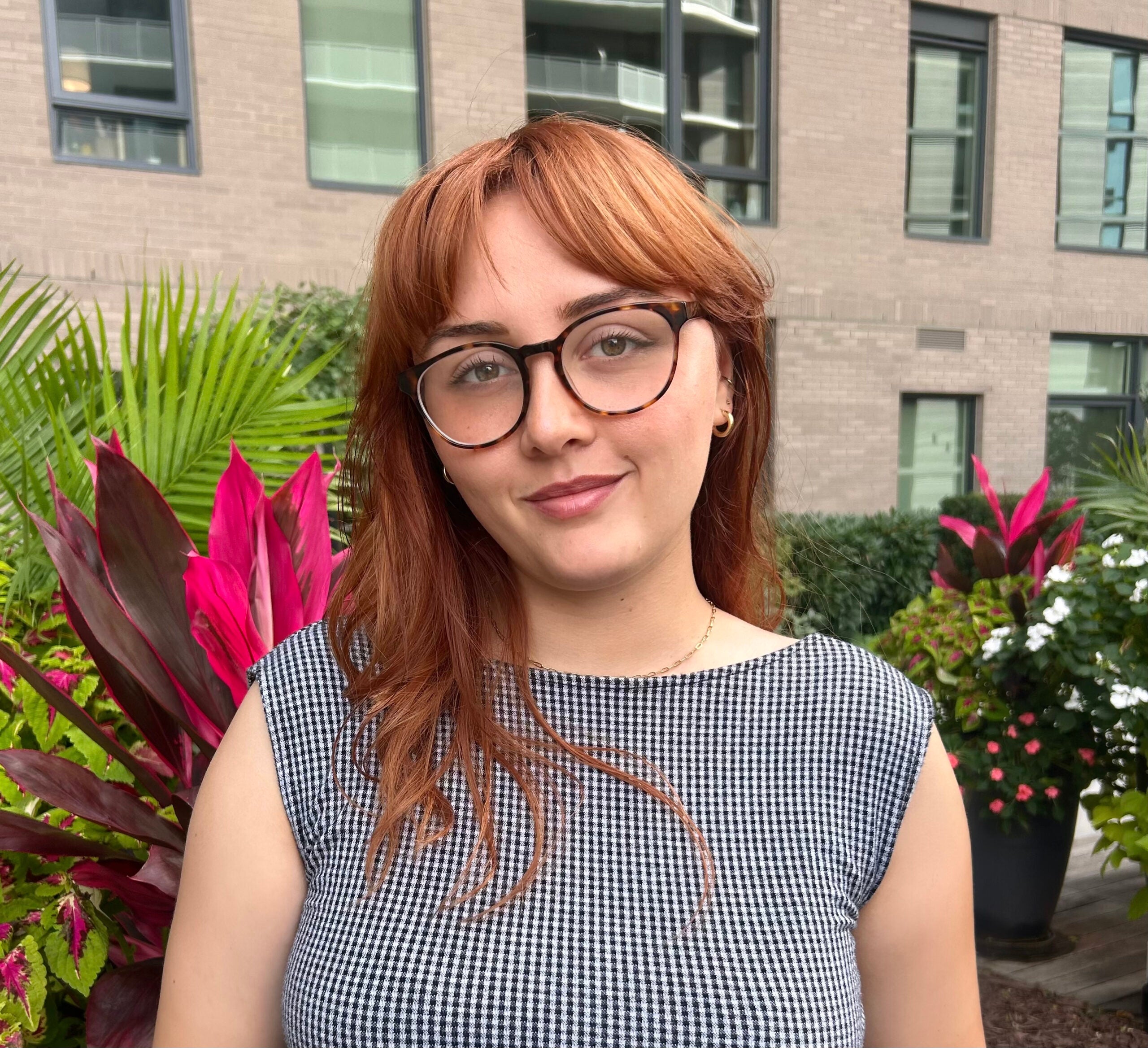Le Pen Lab
Our lab focuses on innate immunity to RNA viruses. The genomes of humans and other animals harbor genes that have naturally evolved to combat viral infections and promote health. Our goal is to identify these antiviral strategies shaped by nature and uncover their mechanisms of action.
651 Huntington Avenue,
Building FXB, Room 205
Boston, MA 02115
Our Team

Jérémie Le Pen
Jérémie received his formal training in Genetics and Systems Biology at École Normale Supérieure in Paris, France. He then joined Prof. Eric Miska’s laboratory at the University of Cambridge, UK, as a graduate student, focusing on small RNA biology in C. elegans. His graduate studies coincided with the discovery of the first natural virus in C. elegans, providing him with a unique opportunity to contribute to early research on viral infection and antiviral immunity in nematodes.
In 2017, Jérémie joined virologist Charles Rice’s group at Rockefeller University, NY, as a postdoc. There, he worked on projects combining human genetics and functional genetic screens in cell cultures to better understand how the human innate immune system controls RNA viruses and live-attenuated vaccines. Charles Rice was awarded a Nobel Prize in 2020 but, despite what Jérémie’s mother believes, he had nothing to do with it.
Jérémie started his group in December 2024 at the Harvard T.H. Chan School of Public Health, Department of Immunology and Infectious Diseases. He is now looking for people brave—or perhaps foolish—enough to join him in exploring the antiviral strategies that nature has evolved in animal cells.
Lab Members

Don has a background in molecular biology and HIV genetic evolution, particularly in West Africa. Research projects have recently focused on Zika, Dengue and SARS-CoV-2 viruses. Don is eager to explore new tools and systems targeting how RNA viruses interact with the immune system.
Outside of work Don enjoys the beach, travel and running – and is happy to chat about his two Boston marathons.

Iván’s work focuses on understanding how viral infections can influence the immune system and, in some cases, contribute to diseases. During his doctoral studies, he investigated respiratory viruses like RSV and HMPV and helped uncover how the body produces and regulates key antiviral molecules. At Harvard, his research explores how viral infections might play a role in triggering type 1 diabetes. His long-term goal is to better understand how infections can shift the balance between protection and autoimmunity.
Outside of research, Iván enjoyed traveling and exploring Boston’s neighborhoods in search of great coffee and good restaurants.

Sophie is originally from Boston and spent some time in NYC studying infectious diseases at NYU, combining public health with microbiology. As an undergrad she began researching malaria, but confirmed her true love for virology after studying emerging mosquito-borne viruses in the Kenneth Stapleford lab. She is excited to continue this work in the Harvard virology program and in the Le Pen lab!
Outside of lab, Sophie loves eating her way through the city, climbing up rock walls, and collecting unfinished art projects.

Kuan-Ying (Neil) Lee is originally from Taiwan and completed his PhD at Rutgers University in the Department of Biochemistry and Molecular Biology. During his doctoral studies, he investigated how the innate immune receptor, RIG-I-like receptor, discriminates between self and viral RNA biochemically. At Harvard, his research focuses on mechanisms of innate immunity signaling and on approaches to modulate these pathways toward the development of novel therapeutics.
Outside of the lab, Neil enjoyed outdoor exercising, such as running,
swimming, skiing, and traveling the world.
Join the Lab
Interested in joining the Le Pen Lab?
This is a unique opportunity to get involved early—before Jérémie gets too big for his boots! While hiring depends on funding availability, we’re always happy to hear from motivated candidates interested in our research.
To be considered, please email us specifying the academic level you’re applying for (e.g., Research Assistant, Graduate Student, or Postdoc), and include your cover letter, CV, and the contact details of three references.